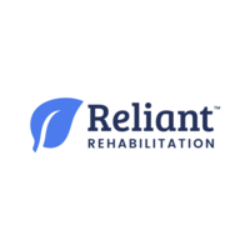September is here, which means October 1st is less than 30 days away. Transitioning the patients receiving care under Medicare Part A to the PDPM September 30th to October 1st will require the planning and attention of the interdisciplinary team (IDT). Here are some IDT considerations for all Medicare A patients admitted prior to October 1st:
- Payment for the month of September, regardless of admit date, must be transmitted using the RUGs IV classification system.
- To receive payment for October 1st and beyond, a Transitional Interim Payment Assessment (IPA) must be completed and have an ARD set no later than October 7, 2019.
- The facility has the normal transmission time frame of 14 days to submit the transitional IPA. Use this time and plan appropriately!
- Remember! The patient’s care needs and plans do not change on October 1st. Only payment is changing. A therapy recertification or re-evaluation is not necessary, and the facility care plan is still active.
- Therapy and nursing will need to complete interim Section GG scoring for the 10 Section GG items that produce the PDPM Function Score.
- Discuss current caseload and any new admissions to identify all necessary comorbidities, clinical conditions and services, restorative nursing needs, primary reason for skilled admission, and surgical interventions during the most recent hospital stay.
- Ensure timely communication of admissions for screening and/or completion of a holistic evaluation by therapy.
- Plan for discharge destination and goals upon admission to allow for predictive length of stay and to identify patient specific education and resource needs.
- Continue to coordinate care between therapy, nursing, and facility support staff to foster outstanding functional outcomes and safe transitions to the next level of care!
Your partners at Reliant Rehabilitation are here to help with the transition to the PDPM. The Director of Rehabilitation at your facility has been provided extensive training and is equipped to facilitate therapy and collaborate with the facility through the October 1st transition. Feel free to reach out to your Reliant partners with any questions or to help you problem solve. Together, we can make this a smooth transition.

